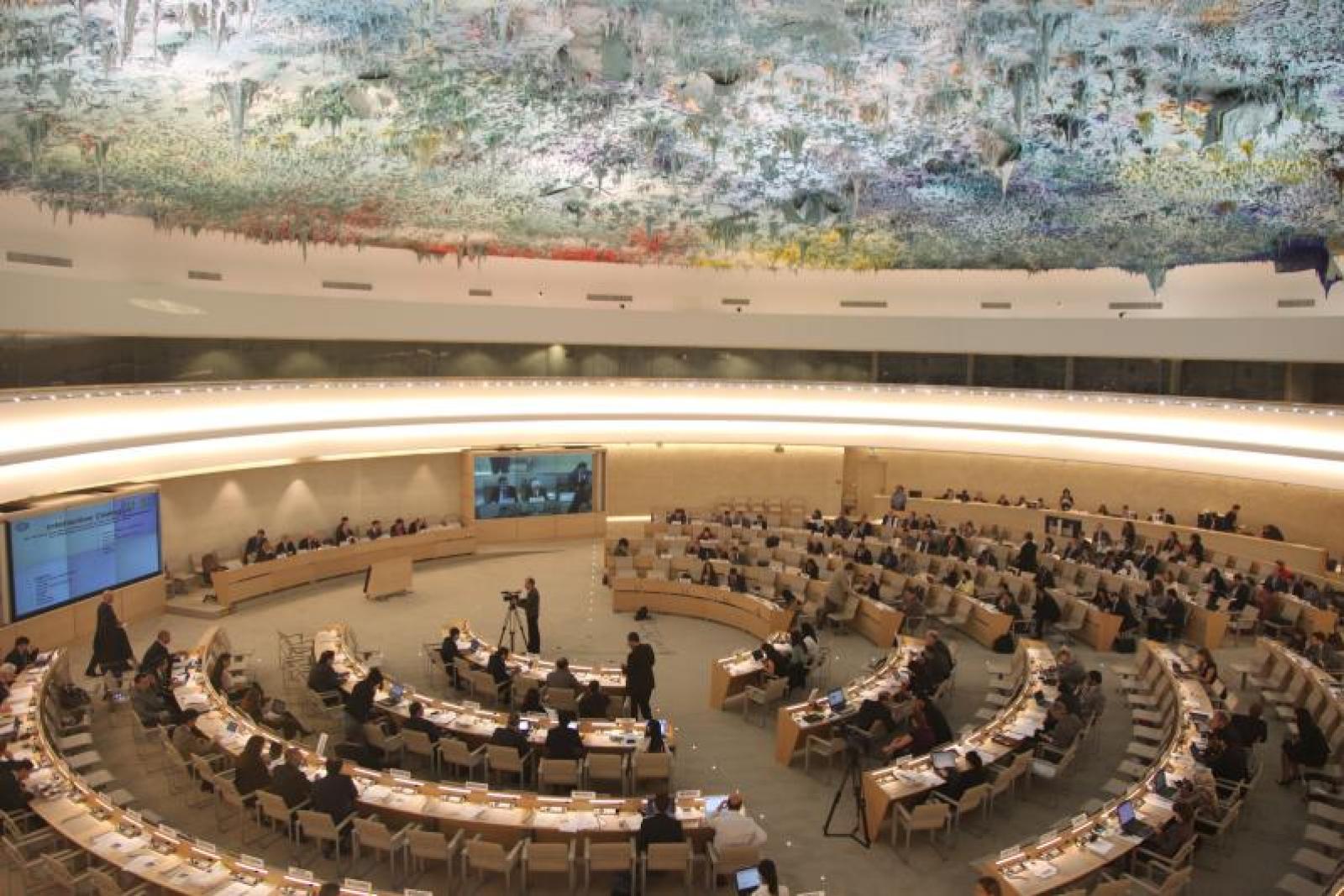“We change when we change the way we learn”. In today's society this must be more than a slogan, it should be a real mantra, a fixed point when it comes to renew the educational institution. Even in Italy, this is a growing scenario and there are many and fruitful initiatives in this direction.
This topic was discussed on June 13 in Trieste during State of the Net, an international conference that gathered experts from around the world to tell the network situation in our country. E-learning, smarter learning, but what do they mean really? Beyond many important reflections on the importance of new technologies, what is really changing in Italy? A lot of things are changing, Damiano Airoldi, Alfonso Fuggetta and Gigi Tagliapietra explain, both in the field of school education and business.
The experience of Impara Digitale
Dianora Bardi is a teacher, graduated in Literature in 1978. She taught in high schools and worked with several Italian universities until 1998, when she met Giovanni degli Antoni, the great guru of informatics in Italy, and she decided to work with him for ten years. After this period, Dianora developed a new teaching method for mobile devices (iPad and EbookReaders) that more than 30 schools today apply. In order to model this method, the Centre for Studies Impara Digitale is born, founded together with other teachers, academics, software developers and other experts.
Impara Digitale is an association founded in March 2012 to promote the development of an innovative teaching method, which allows the Italian and European schools to learn the benefits of digital technology. It aims to introduce a teaching method through the use of personal technology and furniture. In addition to impara Digitale, Dianora worked also with the Ministry of Education as a trainer at a national level and coordinator of media education schools of excellence.
“Dianora was a pioneer in the field of e-learning in Italy, but despite Impara Digitale is now a model that is the law in Italy, Italian institutions do not seem to keep up with this innovation,” explains Damiano Airoldi, member of the Impara Digitale board.
Does the Italian law keep up with these initiatives?
The recent Italian legislation on textbooks, including the Article n. 15 of the Law n.133/2008, which provides that textbooks be adopted from the school year 2011/12, should be in digital form or mixed. Also, the Ministerial Decree 41/09, which defines the technological characteristics of adoptable texts, has opened a cultural and scientific reflection on the introduction and the value added by educational publishing in the digital practice of teaching/learning.
Although Italian law imposes the complete digitalization of content written on paper, we are still far from achieving complete this goal. “We need in fact that even the teachers themselves know the new technologies,” says Airoldi “and that's why it takes time and energy. That's why all the initiatives like Impara Digitale are welcome!”
Smart learning in a business context
“Sharing content brings innovation and progress in our society,” explains Alfonso Fuggetta, CEO at Cefriel, the ICT Center of Excellence for Innovation, Research and Education at the Polytechnic of Milan. “An example of how much this sentence is true is Expo 2015, the international fair to be held in Milan next spring. How to strengthen the best for Milan Expo 2015? Using just smart technologies that make the services in the area easy to reach and benefit for everyone. Building a reference model for service interoperability: everyone can join the ecosystem!” Fuggetta continues. Sharing does not mean data-sharing, but to adopt a vision where many actors on the scene cooperate to improve a service.
To sum up, nowadays smart learning, smart life and e-learning are not isolated monads confined to a specific sector, school or business. On the contrary, they are nothing more than ways to express a key concept that pervades our life: “knowledge and learning are based on sharing,” says Fuggetta, and the web and the new technologies that use them seem to represent the main road.


